
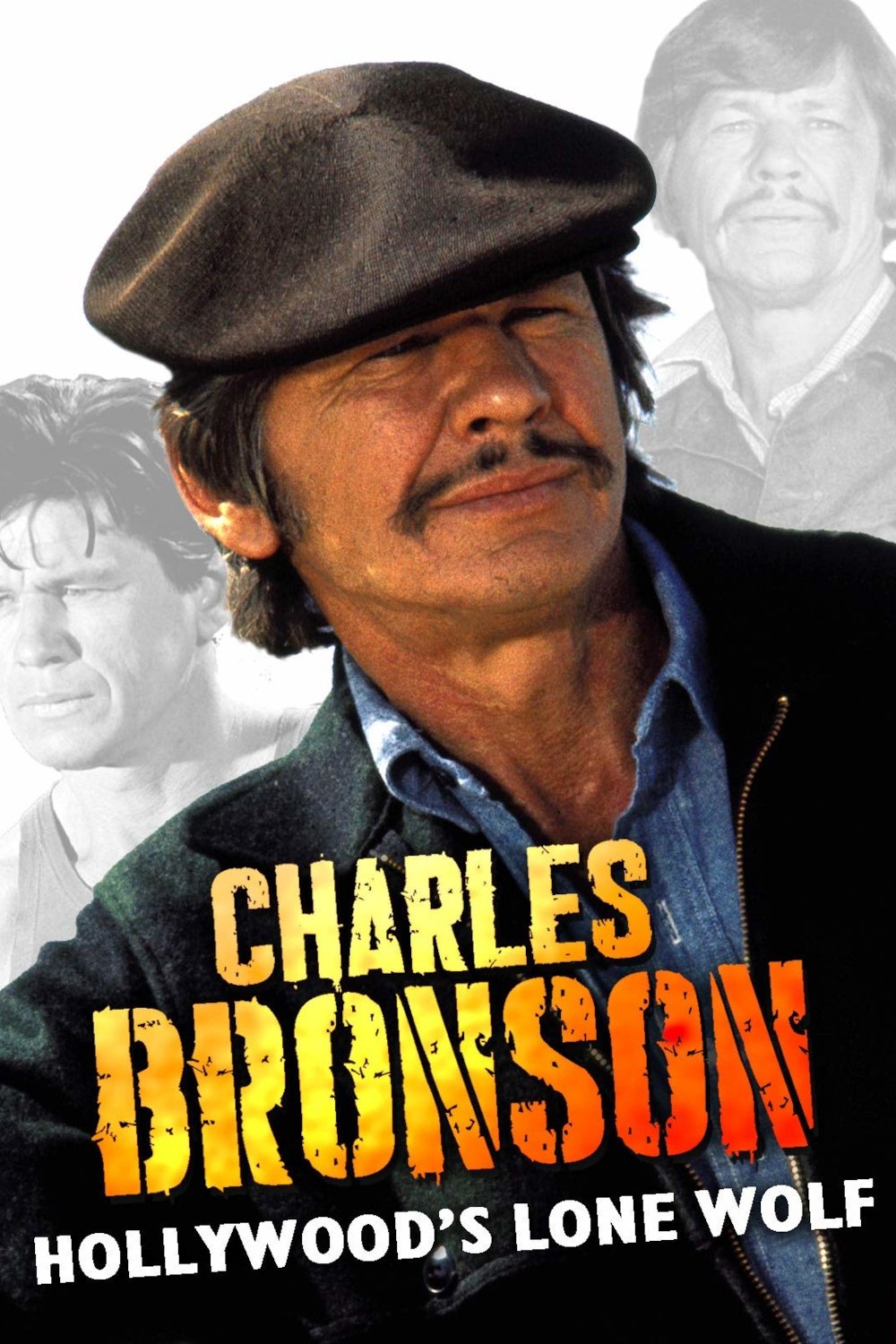
With his grizzled moustache and chiselled features, Charles Bronson is the embodiment of a slightly archaic, brooding and almost reactionary virility. But who is he really? Often hired to play marginalised Native American or Mexican characters before he was typecast as the image of a lone killer, Bronson was a major figure in the popular cinema of the 1960s and 70s and his stony-faced, physical acting and career are worthy of a second look.

In 1972, officer Frank Serpico exposes the corruption which poisons the roots of the NYPD and becomes famous in 1973 when director Sidney Lumet tells his story in the classic film “Serpico,” starring Al Pacino.
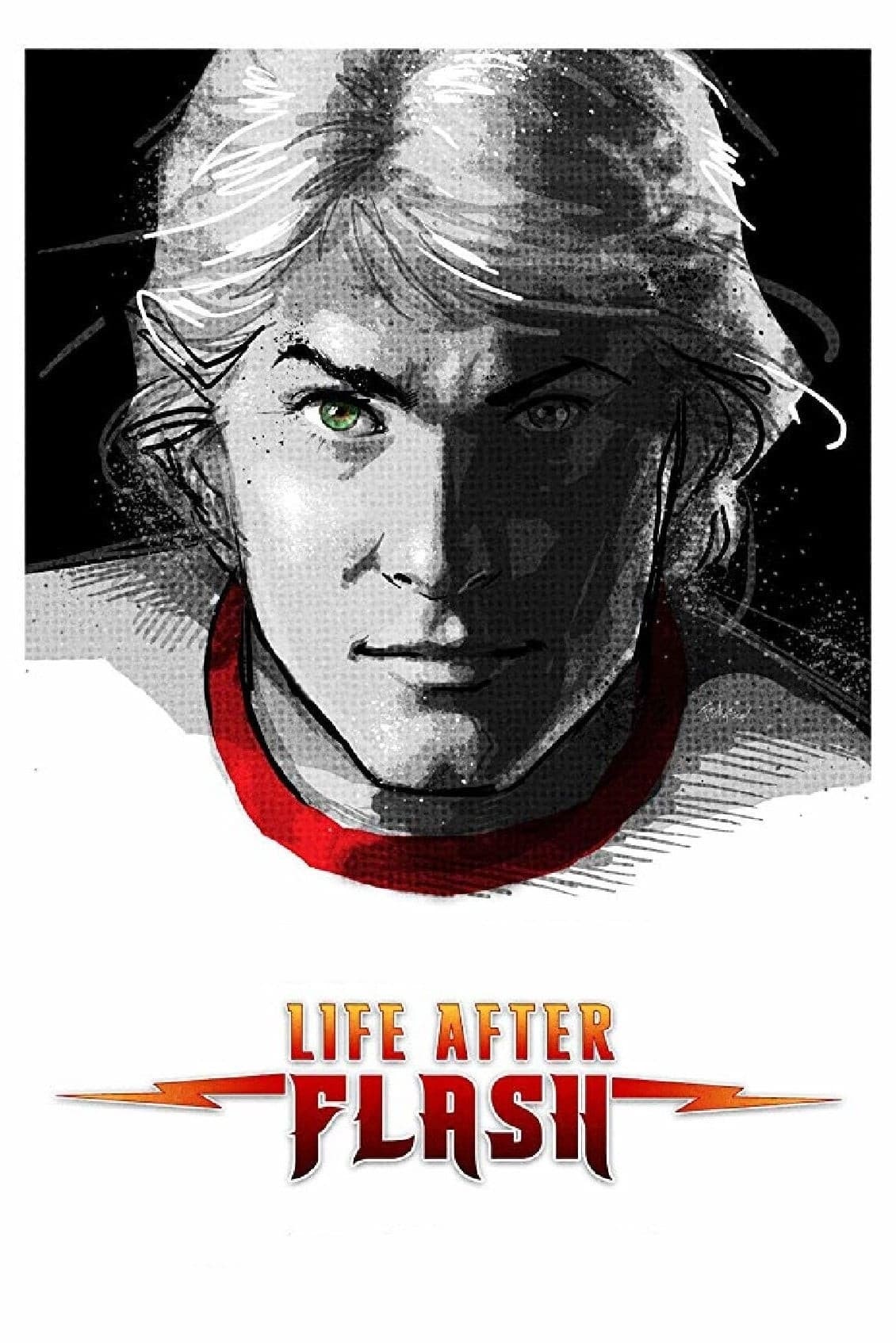
A look at the roller coaster life of Sam J. Jones since his role as Flash Gordon, his struggles and successes, and the aftermath of when he went up against one of the most powerful producers in Hollywood.
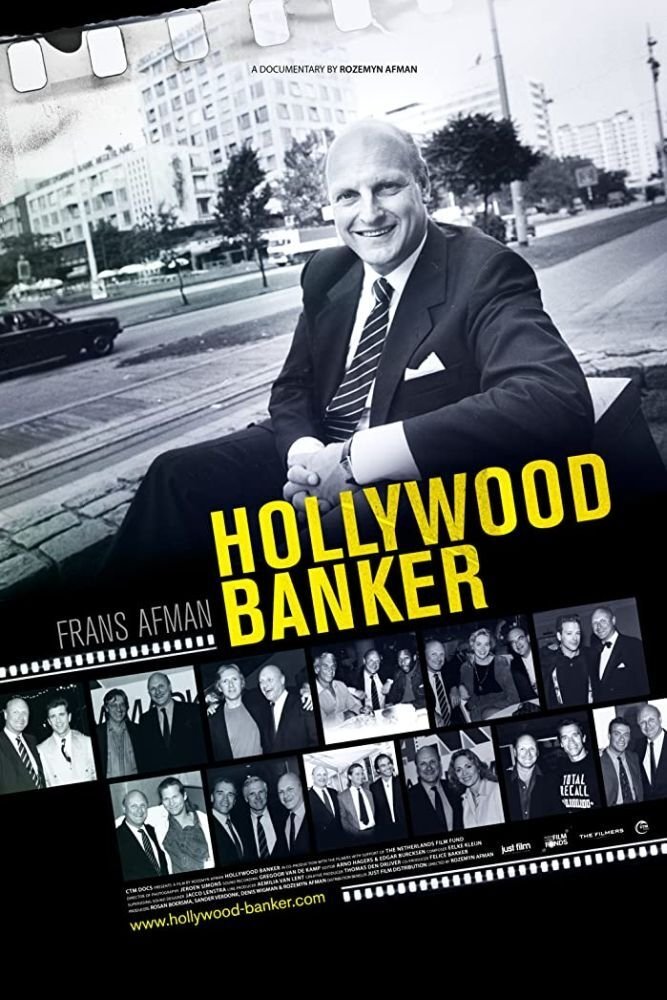
How Frans Afman, a banker from the Netherlands, developed a new system for film financing, revolutionized independent filmmaking in Hollywood, but could not prevent it all from crashing down, when ambition of others turned into greed.
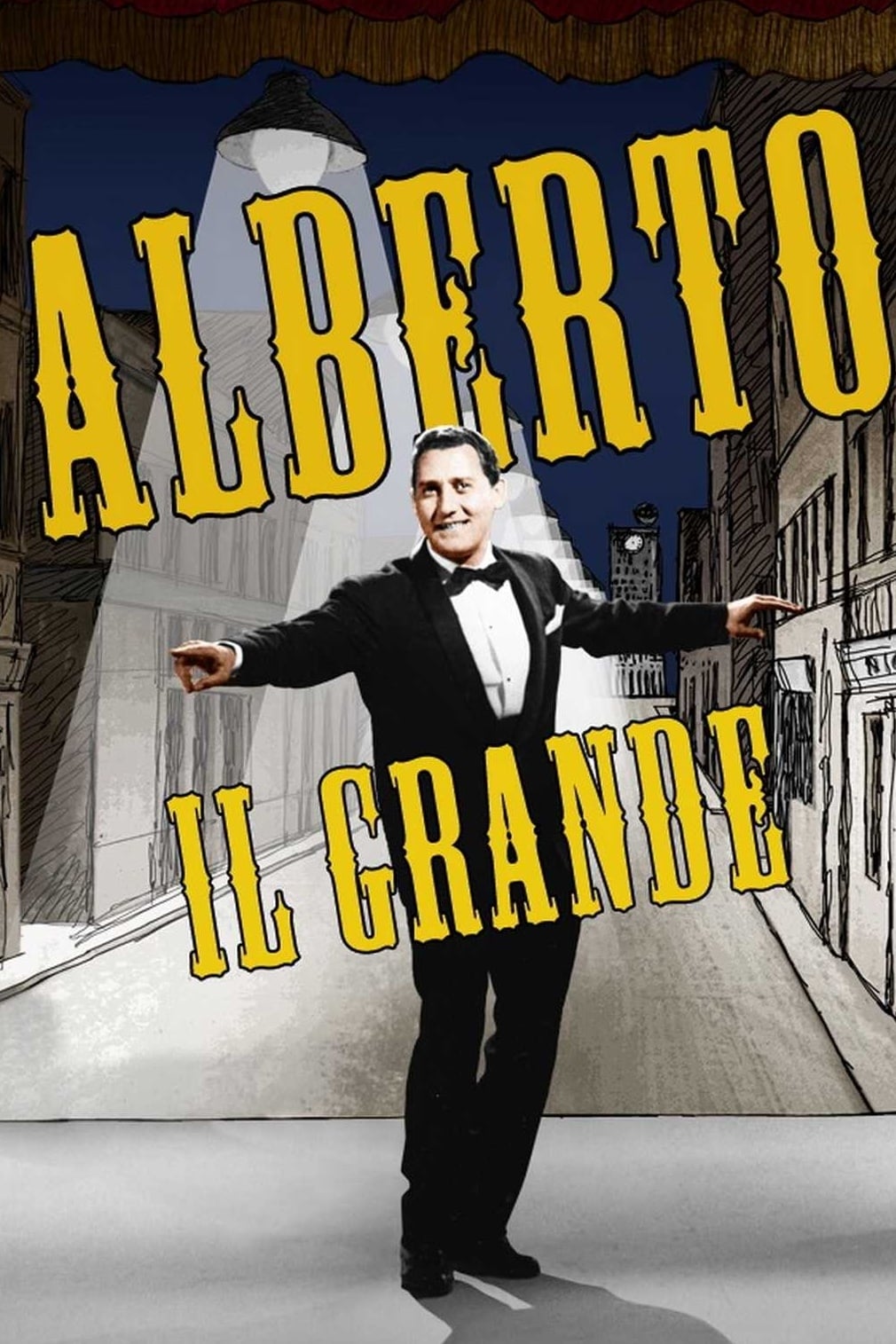
Docu-film directed by Carlo and Luca Verdone realized on 2013 in occasion of the tenth anniversary from the actor’s death happened on 24th February 2003. Through this documentary Verdone’s brothers with deep respect towards the Roman actor trace an affectionate and sincere portrait not only about an Artist but, above all, about a man with his habits, his ideas, his tics, his vices and his virtues. And for the first time Mrs Aurelia – Alberto Sordi’s sister who is dedicated the documentary – opens the doors of the beautiful house of Via Druso where the actor has lived since 1958. In this way we are led by Carlo Verdone (a sort of Virgilio whose Dante Alighieri wrote about but we are not in the Hell but in the Seven Heaven where there is the source of the Italian Cinema) and on the tips and staying in silence we can go into the rooms of this wonderful house which reveals the true, authentic character of Alberto Sordi.
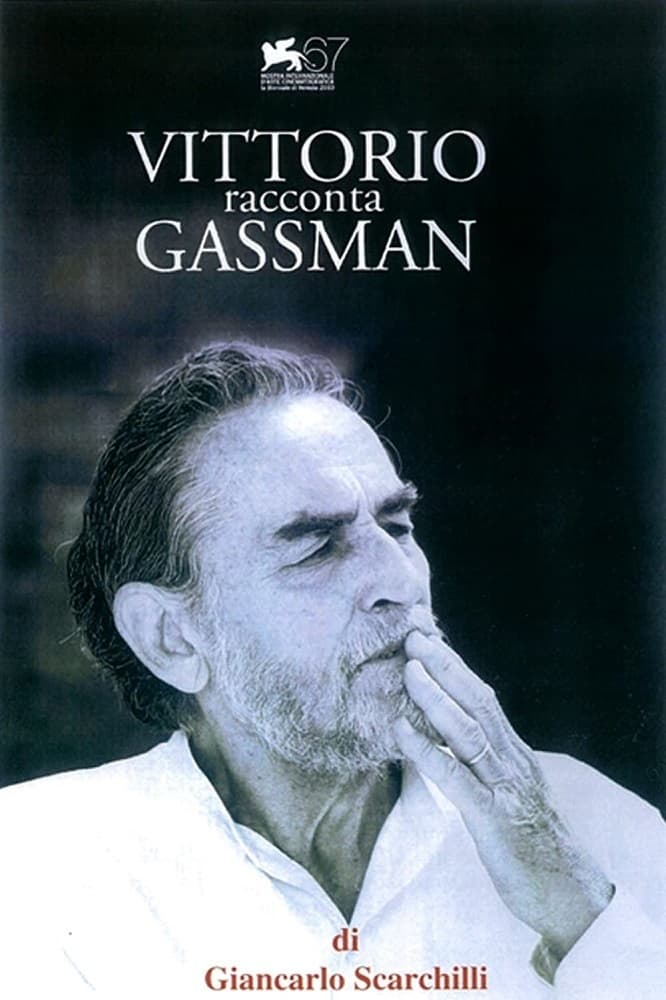
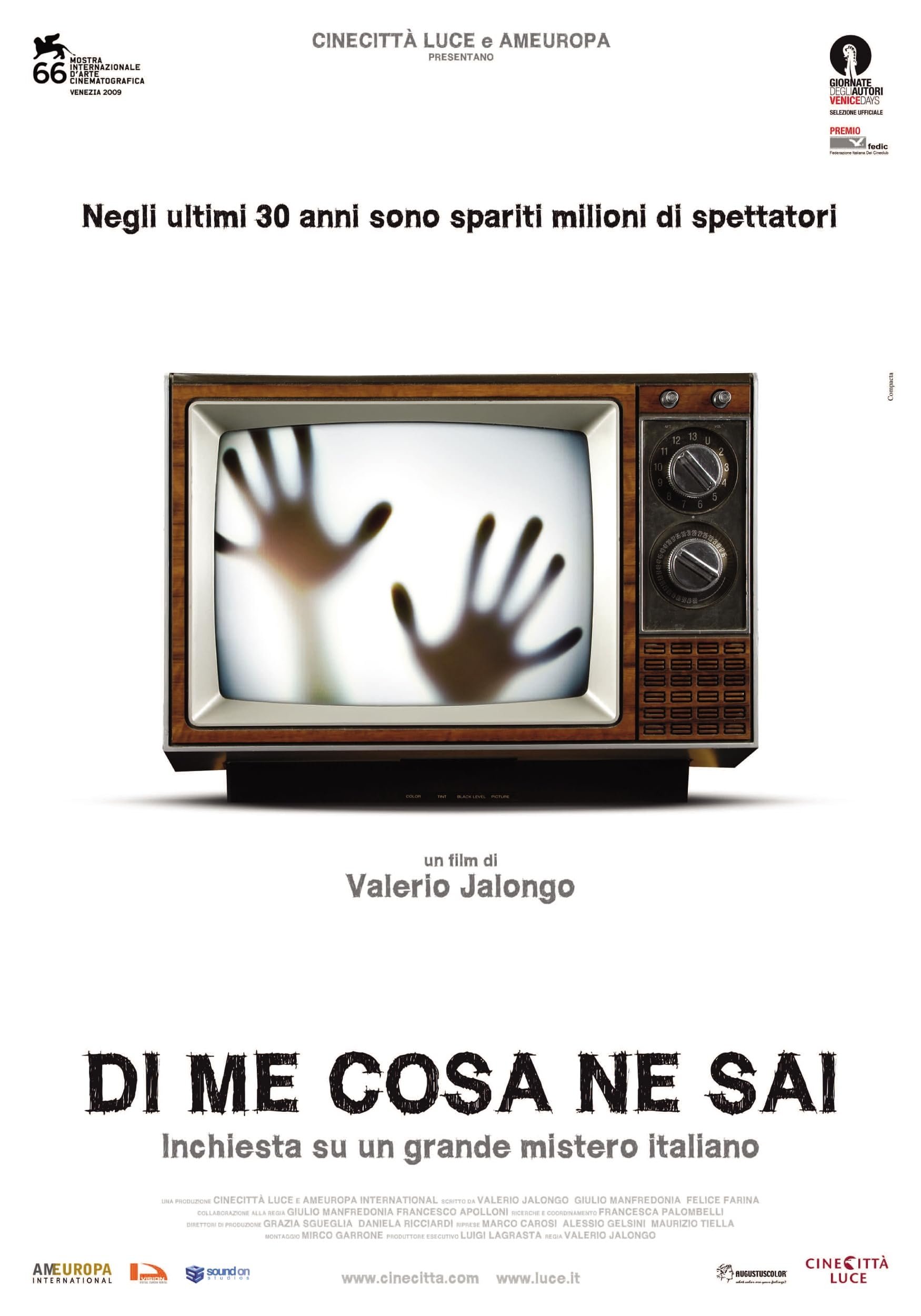
Until the 1970s, Italian cinema dominated the international scene, even competing with Hollywood. Then, in just a few years, came its rapid decline, the flight of our greatest producers, a crisis among the best writer-directors, the collapse of production. But what are the true causes and circumstances of this decline? In an attempt to provide an answer to this question, Di Me Cosa Ne Sai strives to depict this great cultural change. Begun as a loving examination of Italian cinema, the film transformed into a docu-drama that alternates between interviews with the great names of the past and fragments of cultural and political life of the last 30 years. It is a travel diary that shows Italy from north to south, through movie theatres; television-addicted kids; Berlusconi and Fellini; shopping centers; TV news editors; stories of impassioned film exhibitors and directors who fight for their films; and interviews with itinerant projectionists and great European directors.
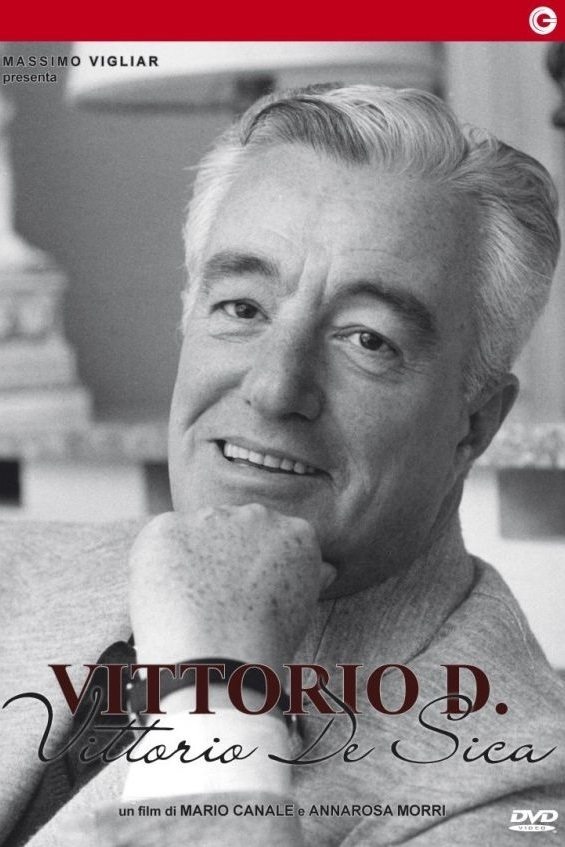
A documentary about Vittorio de Sica with clips of his films and testimonials from friends and family.
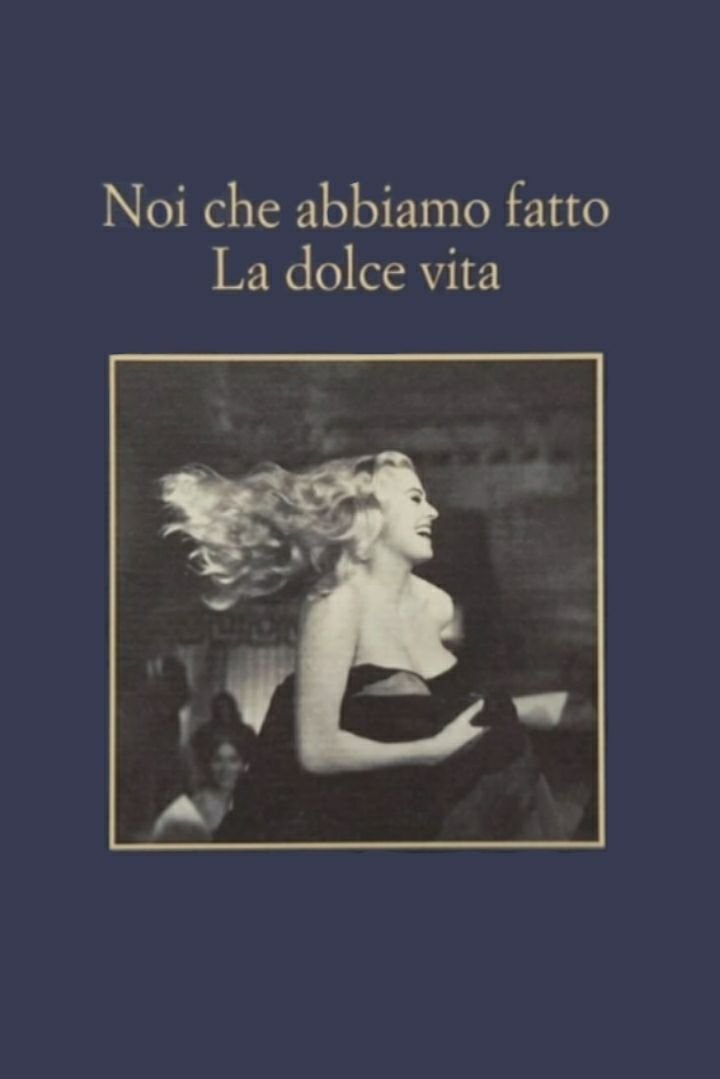
A documentary about Federico Fellini's cinematic masterpiece.
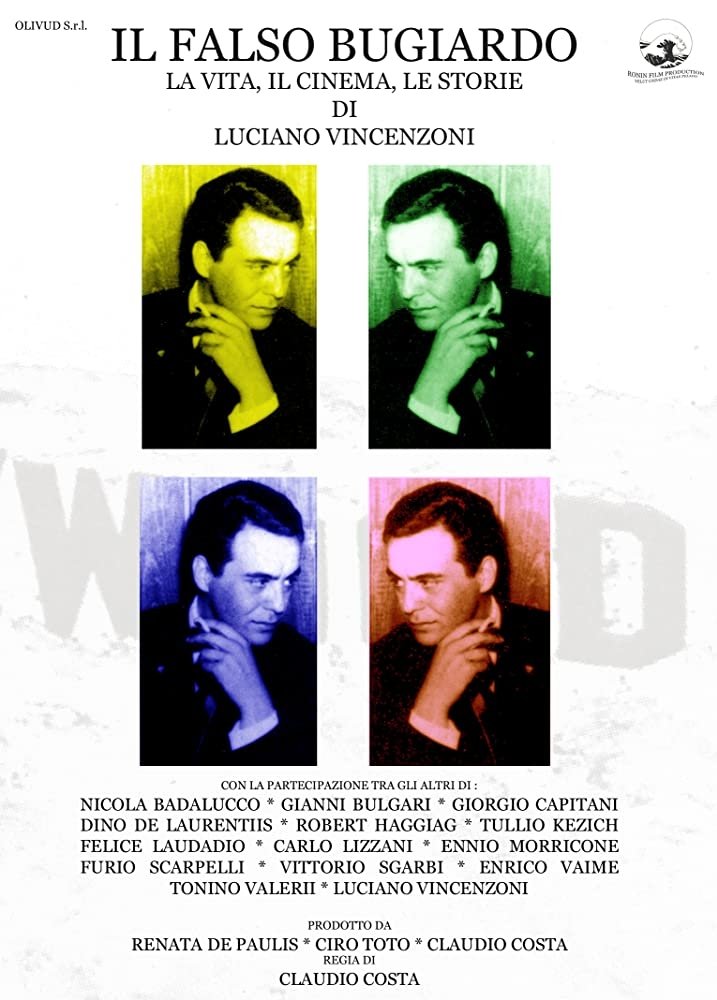
Based upon Vincenzoni's biography, "Pane e cinema", the documentary traces the story of the screen play writer who invented many stories that became blockbusters throughout the world.
Agostino "Dino" De Laurentiis was an Italian film producer best known for producing science fiction, fantasy, and horror films.
By browsing this website, you accept our cookies policy.